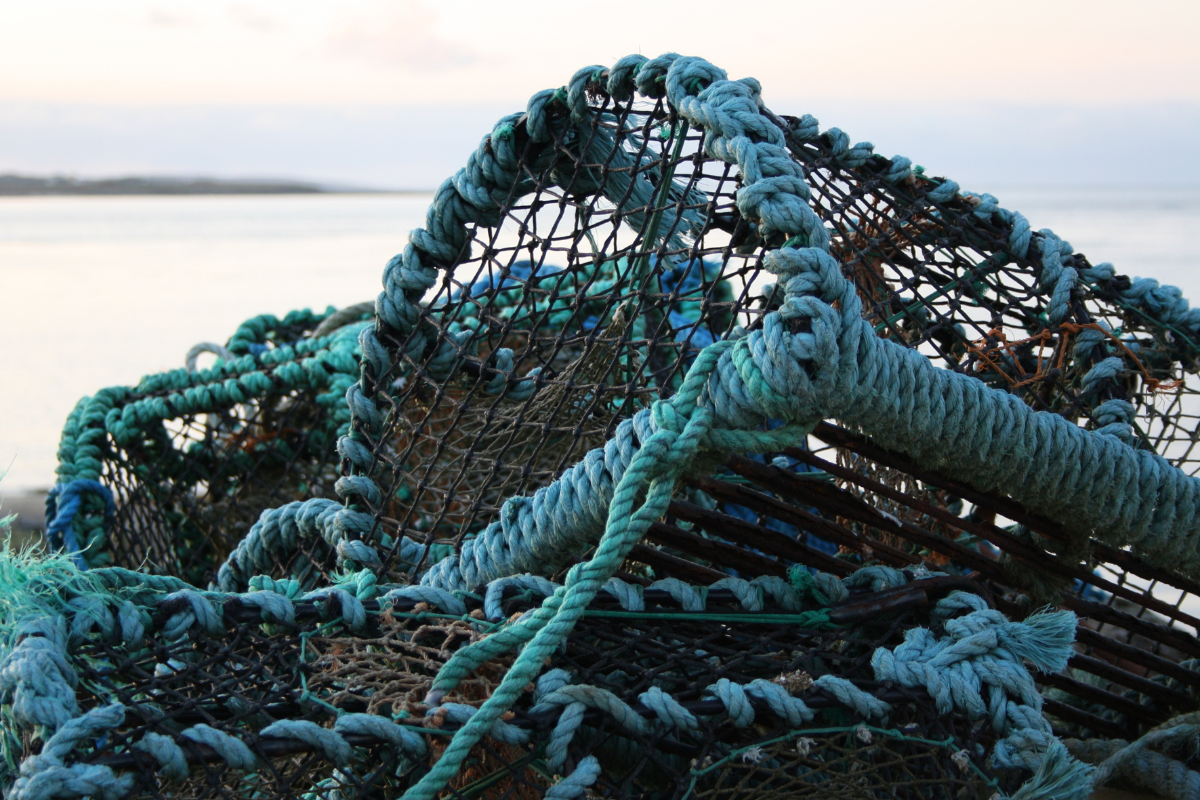
North Yorkshire Council is to call on the Government to convene a public inquiry into the shellfish deaths off the Yorkshire Coast.
The mass mortality event started in October 2021 - the latest government backed investigations suggest a new virus is responsible for the deaths, but many in the fishing industry don't agree.
The council has passed a motion calling for an official inquiry with powers to compel testimony and the release of all forms of evidence.
Hunmanby Councillor - Michelle Donohue-Moncrieff - says local people needs answers.
The mass die off started in October 2021, the cause has not been discovered although a new virus is thought to be the most likely explanation according to government scientists.
An independent crustacean mortality expert panel, set up by the Government to look into the deaths, has said that “it is about as likely as not that a pathogen new to UK waters – a potential disease or parasite – caused the unusual crab mortality”.
However, local crab and lobster fishermen in Whitby have said that their livelihoods are at risk due to significantly reduced catches which many blame on dredging in the Tees.
Councillor Bryn Griffiths is one of those calling for an inquiry with powers to compel testimony.
The decision to call for an inquiry was made at the newly-formed authority’s annual general meeting on Wednesday.
At the meeting, councillors failed to reach an agreement over amendments proposed by Conservative councillors seeking to amend the original motion put forward by Labour and Liberal Democrat councillors.
The failure to reach a compromise on the wording of the amendment led to the original motion – which was proposed by Cllr Neil Swannick whose Whitby division has been affected by the die-offs – being replaced by a motion with alternative wording which was proposed by Conservative Cllr George Jabbour.
Whilst calling for a public inquiry, Cllr Jabbour’s motion took a more cautious approach to the possibility that the die-offs could have been caused by dredging in the Tees estuary.
Cllr Jabbour’s motion also avoided direct criticism of the Department for Environment, Food and Rural Affairs (Defra) which has ruled out further investigations.
However, the motion did call on the secretary of state, Thérèse Coffey, to support the local economy and to “help in securing financial compensation for the fishing industry”.
Speaking to the Local Democracy Reporting Service after the meeting, Cllr Neil Swannick said:
“I can’t think that anybody would not now understand that this is a big issue for fishing communities on the northeast coast.
“The net result was that there will be pressure on the secretary of state to convene a public inquiry, which was the original aim of my motion.”
At the meeting on Wednesday, one of the most substantial disagreements arose over calls for the Government to re-examine whether contaminated sediment from dredging in the Tees could have contributed to the shellfish deaths, with one amendment by Cllr Jabbour stating that
“the council notes the circulation of unsubstantiated claims about dredging”.
Cllr Swannick said he opposed the amended motion because he was
“not happy to agree to those words to the detriment of the local community”.
But the Scarborough and Whitby Conservative Association said that opposition parties
“were very keen to reference capital dredging in their original motion in the hopes it would tarnish the Teesside Freeport”.
Cllr Swannick said:
“I think that a public inquiry should make up its own mind about what it wants to investigate and it certainly should investigate the work that is being done by the North East Fishing Collective.”
Cllr Swannick concluded that he was pleased “a motion” was passed calling for a public inquiry and added that “there were some positives in the Conservative group amendment”.
A spokesperson for the Conservative Association added:
“The amended motion passed today enhances the original Labour-Liberal Democrat motion to not only call for a public enquiry in the manner they requested but also called on the Government to create and fund a dedicated task force to continually monitor the situation, investigate the impact of the die-off on the local community and compensate those affected.”
Despite the increasing cross-party pressure for an inquiry, the approved motion does not guarantee that Dr Coffey, the secretary of state for the environment, will approve a public inquiry which could take years to conclude its findings.



 Injured Yorkshire Coast Seal Back in the Water
Injured Yorkshire Coast Seal Back in the Water
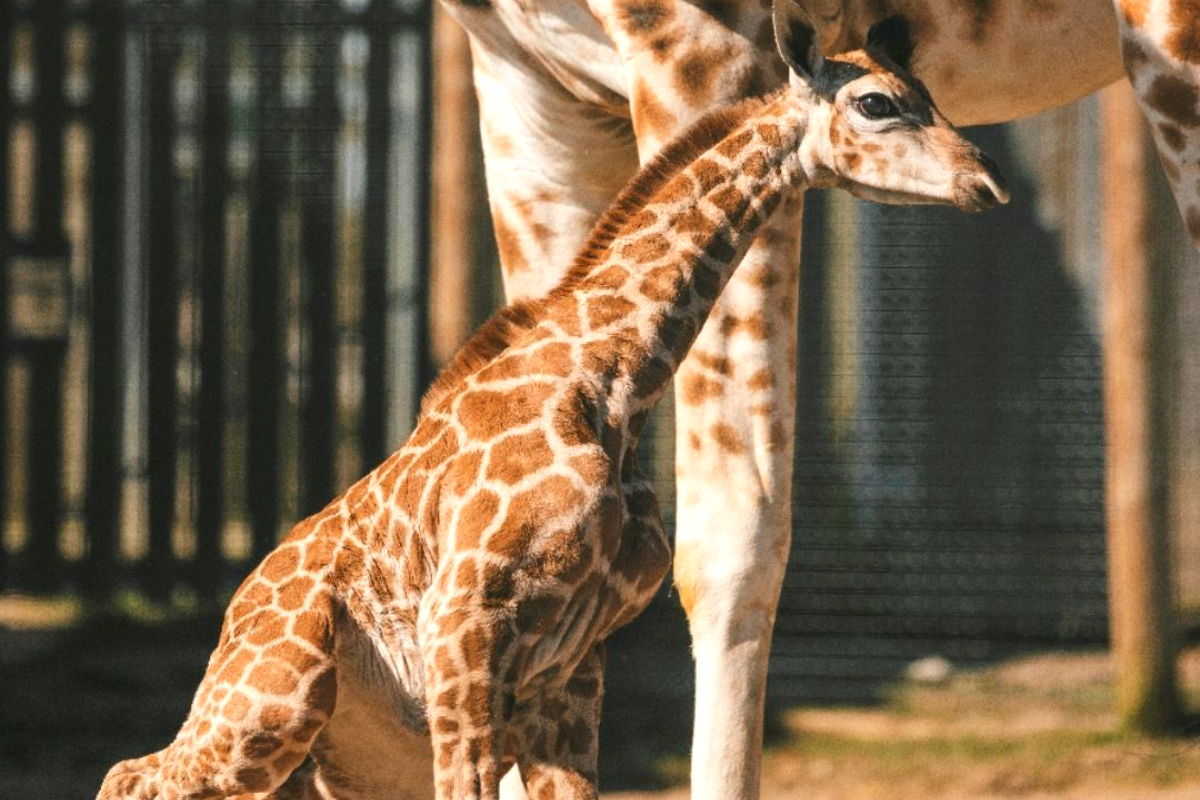 Flamingo Land Welcomes Baby Giraffe
Flamingo Land Welcomes Baby Giraffe
 Scarborough and Whitby MP to Launch Petition for Return of Stroke Services
Scarborough and Whitby MP to Launch Petition for Return of Stroke Services
 UK Mayors Being Urged to Buy Scarborough Buses
UK Mayors Being Urged to Buy Scarborough Buses
 Free Music Events in Scarborough to Raise Funds for Andy's Man Club
Free Music Events in Scarborough to Raise Funds for Andy's Man Club
 Scarborough's Cross Lane Hospital Receives Heartfelt Gift
Scarborough's Cross Lane Hospital Receives Heartfelt Gift
 Saint Catherine’s Becomes First UK Hospice to Launch Masonic Aware Initiative
Saint Catherine’s Becomes First UK Hospice to Launch Masonic Aware Initiative
 Candidates Confirmed for First Scarborough Town Council Elections
Candidates Confirmed for First Scarborough Town Council Elections
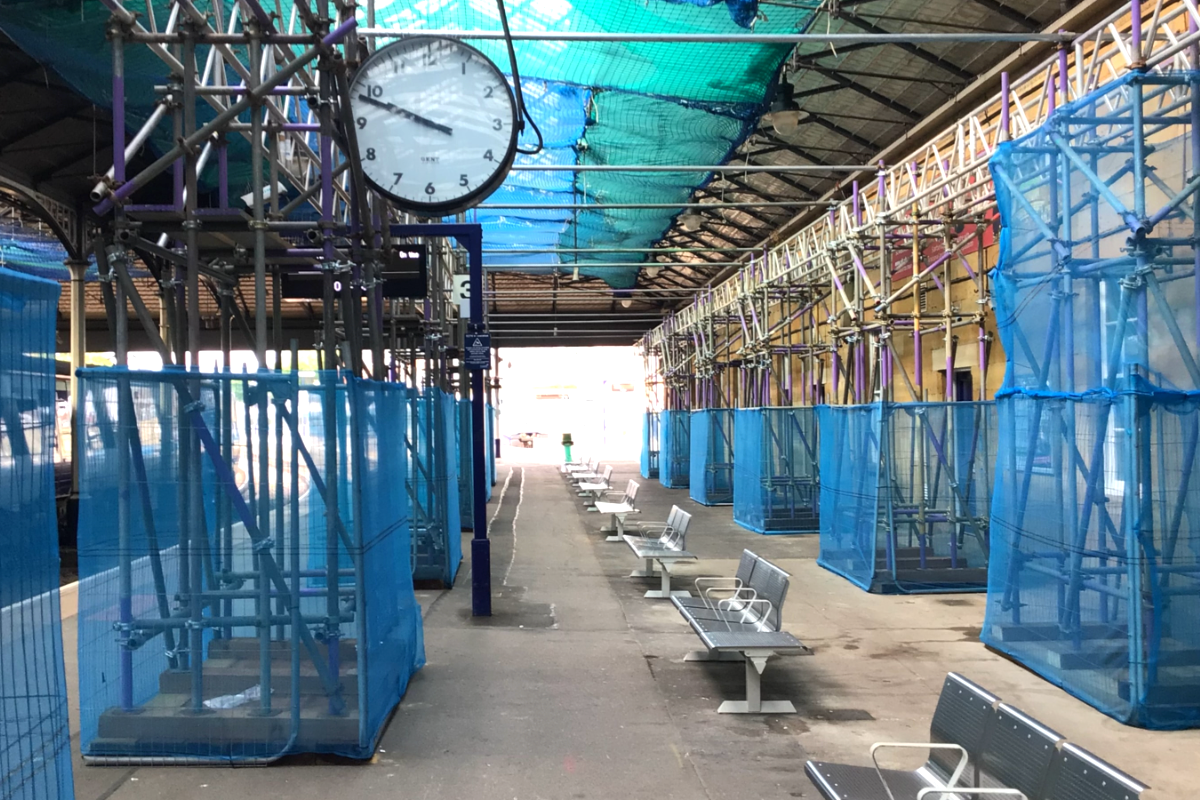 Scarborough Station Set for Multi-Million-Pound Roof Renovation
Scarborough Station Set for Multi-Million-Pound Roof Renovation
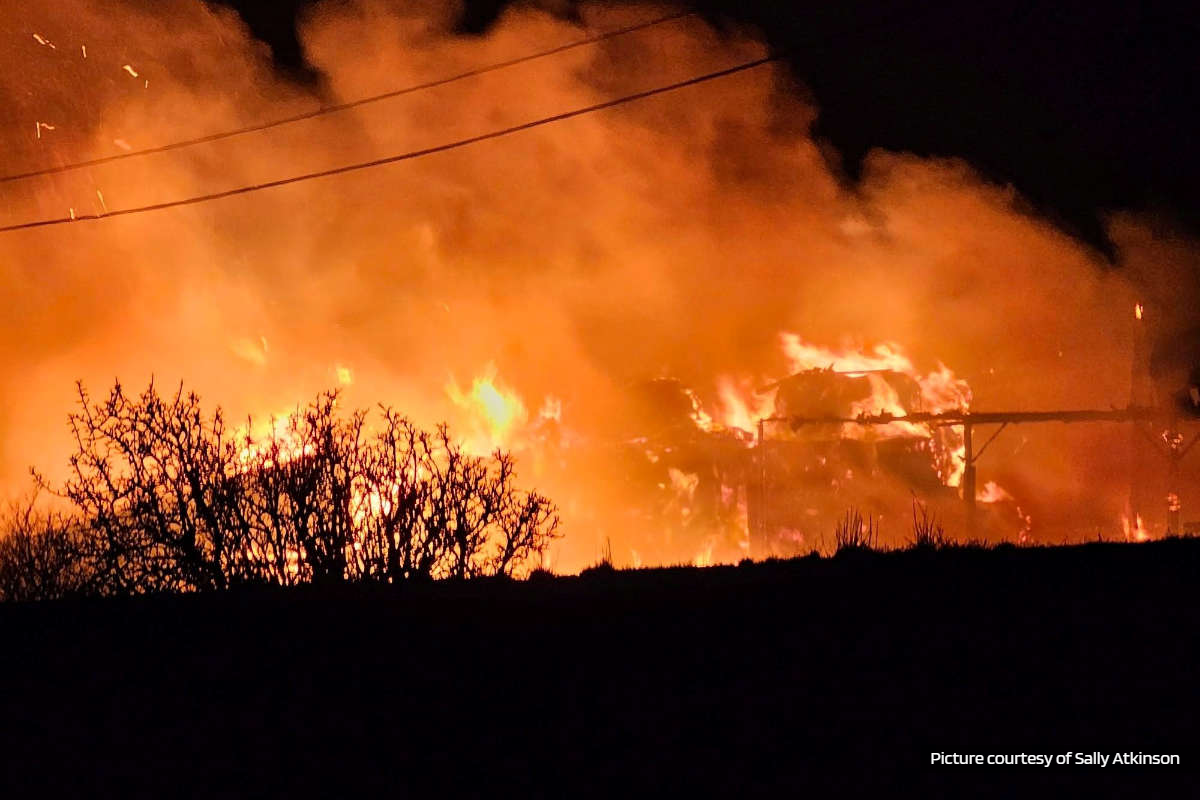 Renewed Appeal Following "Shocking" Arson in Whitby
Renewed Appeal Following "Shocking" Arson in Whitby
 Six Candidates Standing to Become First Elected Mayor of Hull and East Yorkshire
Six Candidates Standing to Become First Elected Mayor of Hull and East Yorkshire
 Construction to Start on Whitby Maritime Hub
Construction to Start on Whitby Maritime Hub








Comments
Add a comment